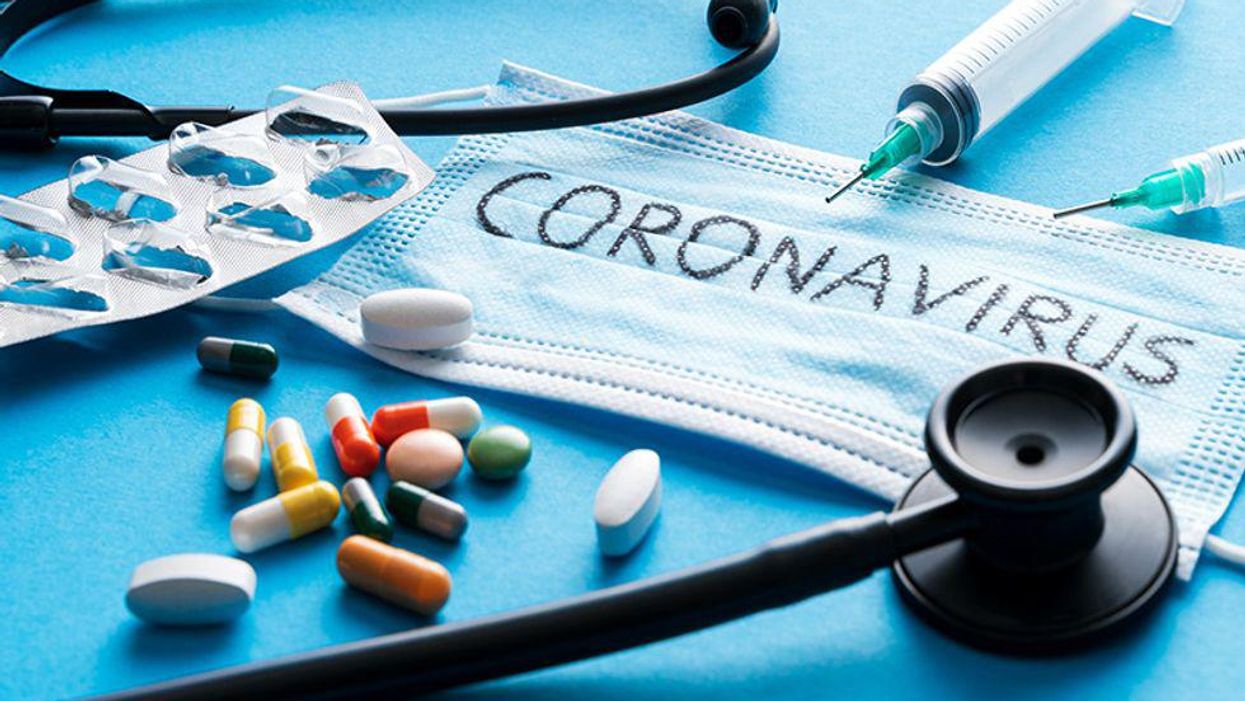EQUITY STATEMENT:
At Southern Iowa Mental Health Center (SIMHC) we are committed to fostering an environment of equity, inclusivity, and respect. We recognize the unique challenges that individuals from diverse backgrounds may face in their mental health journeys. Our practice is dedicated to proving compassionate and culturally sensitive care that values the inherent worth and dignity of every person.
We believe in acknowledging and addressing the impact of systemic inequalities on mental health. Our commitment to equity is reflected in our efforts to create a welcoming space where individuals of all races, ethnicities, genders, sexual orientations, abilities, and socioeconomic statuses feel understood and supported.
JOB SUMMARY:
This position is a part of the clinical team of Southern Iowa Mental Health Center (SIMHC). This position is primarily responsible for the diagnosis and treatment of substance abuse disorder patients of SIMHC. The position requires current Iowa certification as well and maintenance of such certification. This position also includes regular consultation and education activities for the patient, but also the patient’s family, friends and other supports.
PRIMARY JOB FUNCTIONS:
- Complete and maintain accurate records or reports regarding the patient’s history of use and treatment progress.
- Conduct an ASAM assessment at the time of assessment and conduct regular updates as needed.
- Counsel patients, individually or in group sessions to assist in overcoming dependencies, adjusting to life, or making changes in regards to substance/alcohol use.
- Interview patients, review records and consult with other professionals to evaluate the individual’s mental and physical condition and to determine their suitability for participation in a substance use disorder treatment program.
- Develop patient treatment plan based on research, clinical experience, client’s desire for change and the patient’s treatment history.
- Review and evaluate the patient’s progress in relation to measureable goals described in the treatment plan. Be prepared to modify treatment plan as necessary to match patient’s progress, or lack thereof.
- Intervene as an advocate for patients to resolve emergency problems in crisis situations.
- Be available to crisis unit staff for consultation in regards to substance use disorder crisis scenarios.
- Coordinate counseling efforts with other mental health and health professionals, both in and out of SIMHC.
- Provide both the patient and the patient’s family/support system information regarding substance use disorders and the disease process of addiction. Assist family members/support system in understanding addiction and ways to be helpful and unhelpful as the patient moves towards recovery.
- Plan and implement aftercare programs for patients being discharged from treatment.
- Assist patients in the treatment by collecting and analyzing urine samples.
- Assist in the development of community education materials to be dispersed through public education, prevention or health promotion programs.
- Coordinate and implement discharge plans which may include outside community agencies as needed.
- Follow-up on medical and medication concerns through collaboration with SIMHC prescribers and community prescribers as necessary.
- Maintain up to date, well documented medical records, which comply with state and program requirements.
- Participates in case reviews as a member of the multidisciplinary staff.
- All other duties as assigned.
QUALIFICATIONS:
- Active Certified Alcohol and Drug Counselor (CADC) through the Iowa Board of Certification (IBC) license required.
- Previous two years (at minimum) mental health/substance abuse experience is preferred.
- Must be able to pass an Iowa criminal background check.
- Must adhere to Driver policy 24.3 (4) as part of ongoing job requirement.
- Must be able to pass Iowa DHS Adult & Child Abuse Registry verification.
III. REQUIREMENTS FOR POSITION:
- Flexibility to alter schedule as needed for patient care.
- Excellent verbal and written skills with ability to practice good communication with patients, staff, and other community providers.
- Good decision- making skills and ability for critical thinking.
- Strong passion for improving the mental health & substance abuse care delivery system. An internal desire to want to see patients do better and live better.
- Familiarity and proficiency with electronic medical record, electronic mail, and word processing required. Strong computer skills required.
- Hearing and visual ability which allows for necessary understanding while rendering professional and supervisory services.
- Physical ability to stand, walk, sit, type and/or move for up to 8 hours in a working shift.
- DEGREE OF SUPERVISION
- Administrative supervision by the Director of Clinical Services at least monthly or on an as-needed basis.
- May be asked to supervise other CADC positions.




